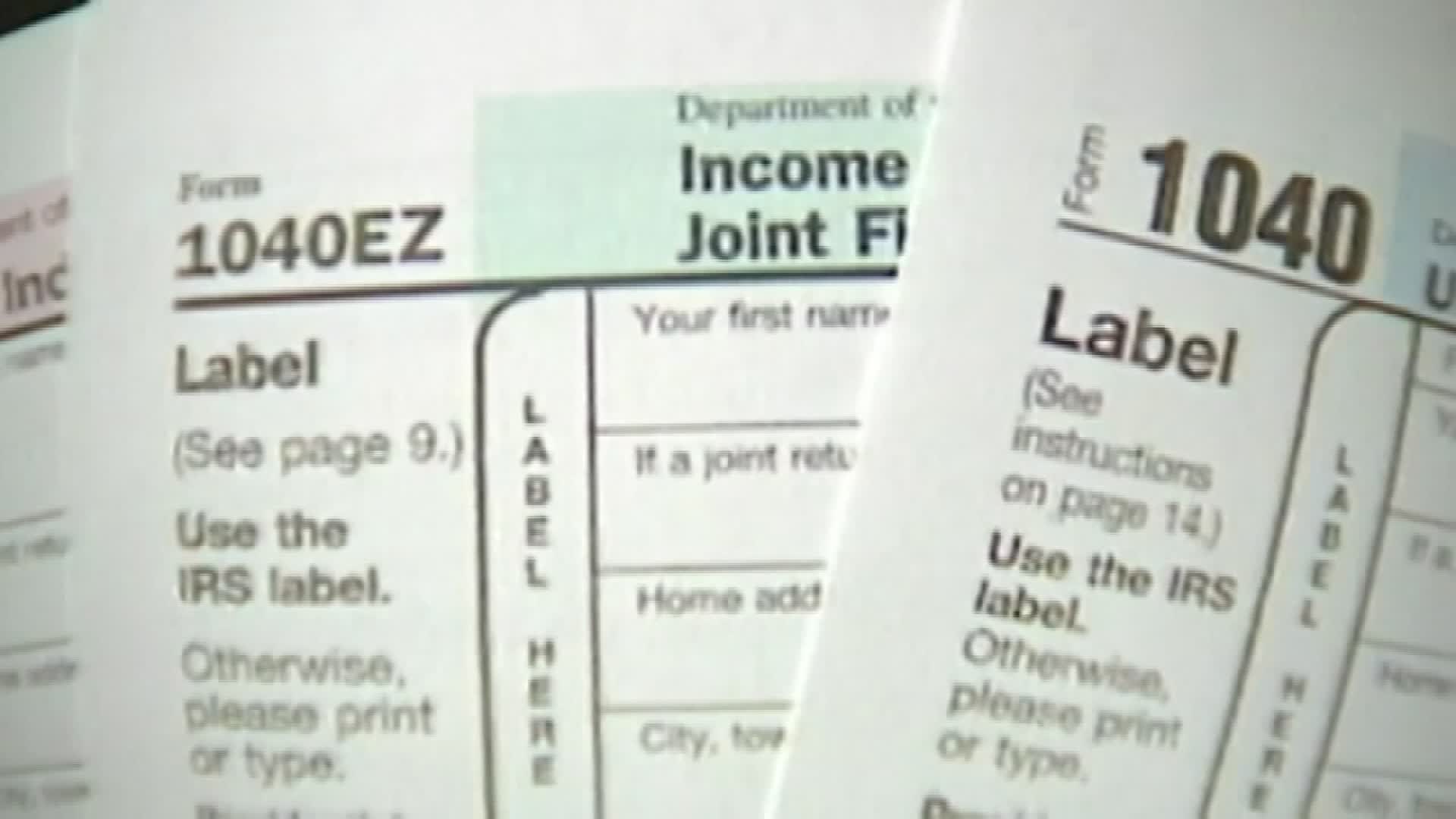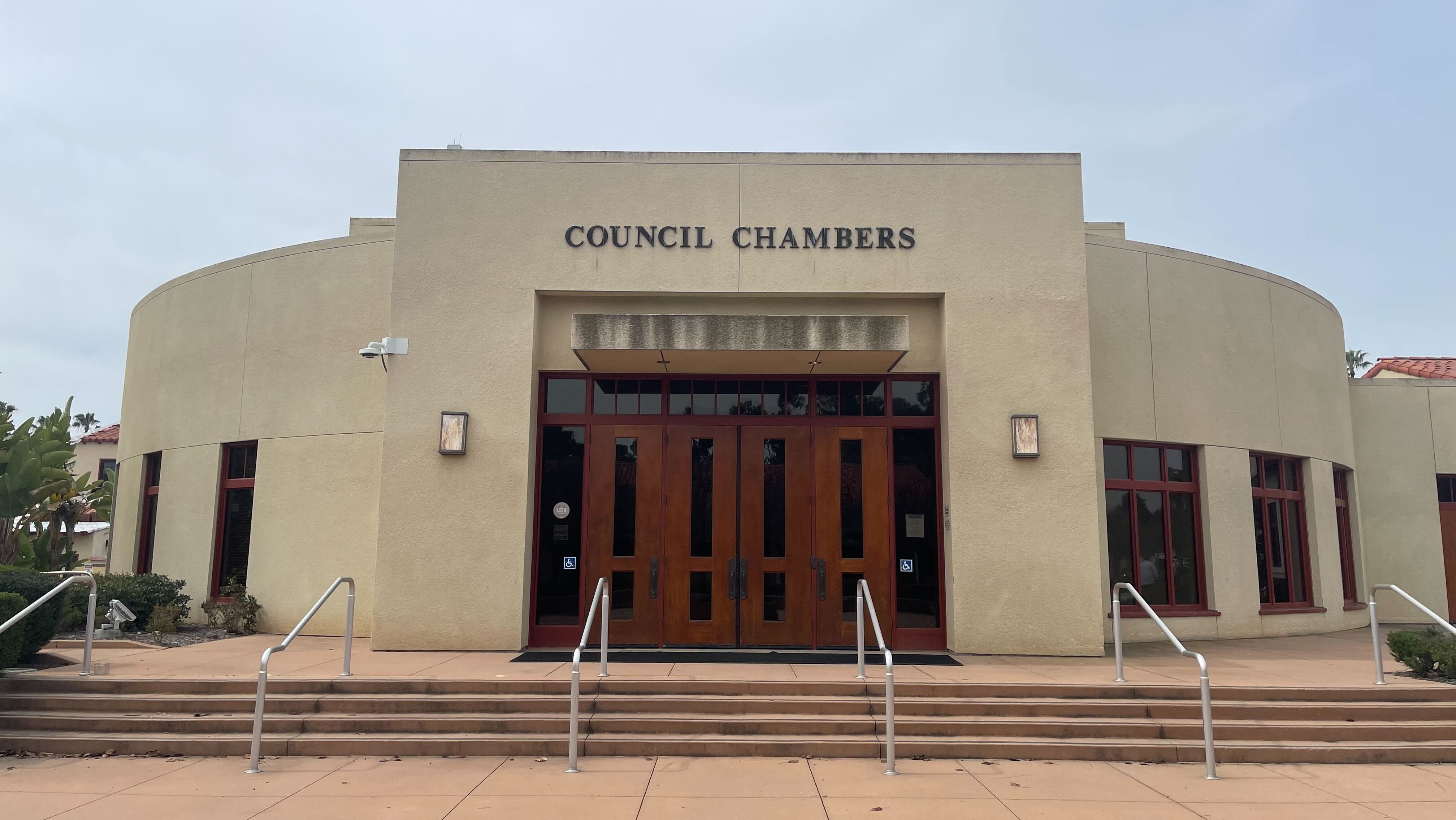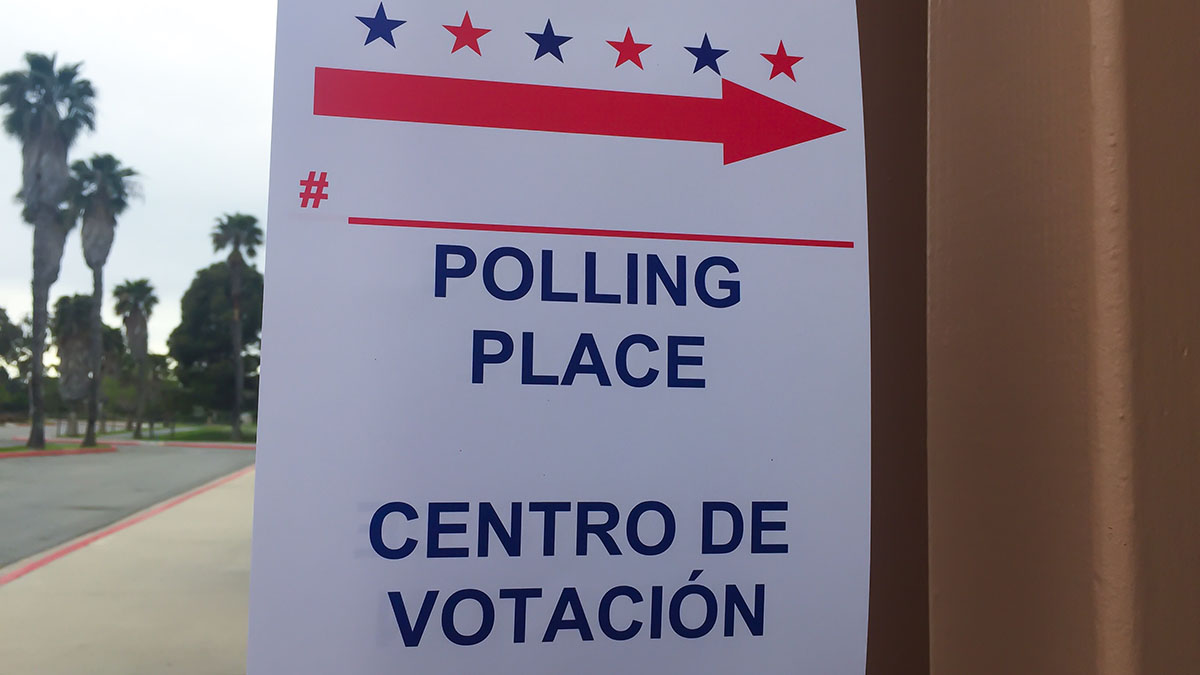Saying it will bankroll infrastructure and quality-of-life improvements, the San Diego City Council's Rules Committee Wednesday unanimously advanced a proposed 1-cent sales tax that could go before voters in November.
The committee's vote will allow staff from the mayor's office and council District 7 to work with the Independent Budget Analyst's office and city attorney to draft the ballot measure framework, according to a staff report. The officials will also "provide preliminary fiscal, operational and legal analyses of the proposal," according to Councilman Raul Campillo's office.
Proponents say the increase is needed to improve city roads, storm drains, public safety and facilities such as parks and libraries.
The proposal will return to the Rules Committee for a second reading, and will still need approval from the full City Council in June or July before it can be submitted to San Diego voters. If passed, the measure would raise the city's sales tax rate from 7.75% to 8.75%.
Get San Diego local news, weather forecasts, sports and lifestyle stories to your inbox. Sign up for NBC San Diego newsletters.
In a brief presentation to the committee, Mayor Todd Gloria described the proposal as "a bold initiative that has the potential to enhance the quality of life for every resident in our city."
According to a staff report, $9.25 billion is needed for infrastructure repairs and maintenance in the city. Among municipalities in San Diego County, San Diego ranks near the bottom in terms of tax rates, several officials said.
Campillo, who represents District 7 and sits on the Rules Committee, said the vote Wednesday was an important first step not only for better infrastructure, but it also offers a plan and an opportunity to deal with the budget deficit.
Unless the city acts, there will never been enough money for infrastructure repair or other vital services, he said. While concerns over higher taxes are valid, Campillo said, it's the city that is responsible for "things you see above ground, and things that work under the ground," including roads and police protection. "This is about a plan -- not just one penny," he added.
Several supporters of the measure spoke to the committee to urge its approval.
Matt Kostrinsky of the American Federation of State, County and Municipal Employees Local 127 told the panel road crews are currently just patching roads rather than fully repairing them.
"In my own community, we have residents who have funded two playgrounds," he said, adding that other neighborhoods need better sidewalks, street lights and roads. He said people can argue about taxes or debate past issues, "but we gotta face the facts of what's ahead of us."
Former City Councilman Michael Zucchet -- now a Port of San Diego board commission member -- said previous city leaders misled voters by telling them more could be done with less, and by "doing magic tricks with the budget."
Opponents, however, said a sales tax hike would make little sense in a time of higher prices and city budget woes. Some also blamed the city's fiscal woes on previous poor decision-making by municipal leaders, specifically citing the 101 Ash St. building scandal that cost the city millions of dollars.
The Rev. Shane Harris of the People's Association of Justice Advocates said while the proposed increase may be well-intended, there is already one on November ballot to fund transportation projects in the county.
"This city is the most expensive, not the most affordable," he added. "Asking taxpayers for more is a bad habit. If this measure goes to the ballot, it will fail."
Paul Krueger, of the San Diego Taxpayers Association, suggested there be a sunset clause for any tax increase, along with a performance plan.
"We think voters should get a chance to come back and look at what's been done with the money," he added.
Former Assemblywoman Lori Saldana said voters are right to be skeptical about any possible tax increase. She said the city should instead increase its transient occupancy tax rate on hotels, but she said elected officials won't do because of the hotel lobby's influence.
Campillo said city's occupancy tax rate generates $30 million a year but now faces a legal challenge. he also said a sunset clause for the proposed sales tax increase would hamstring the city by removing a consistent revenue stream.
His colleague, Kent Lee, said there are nearly 200 projects in need of funding now, and he hears from constituents about the lack of progress for needed facilities like recreation centers. Just in the last year, the city filled more than 60,000 potholes, Lee said.
He added the funding shortfall didn't happen overnight, but "was driven by generations of the lack of investment."
Councilwoman Vivian Moreno, also a committee member, said she is supportive of exploring a proposed sales tax initiative, but added it "may be asking for too much" of voters who will also decide the county transportation measure.
Moreno said it may not be widely known that the city is running out of money, and stressed that Gloria must convince voters that the city is responsible enough to spend any additional tax revenue.
In a statement, mayoral candidate Larry Turner said the proposed tax increase "unfairly burdens working families, exacerbating financial hardships for those who can least afford it."
``Our mayor and this city council have failed to demonstrate responsible stewardship of taxpayer dollars," Turner said. ``It is imperative that we demand transparency and accountability in our city's financial decisions."




